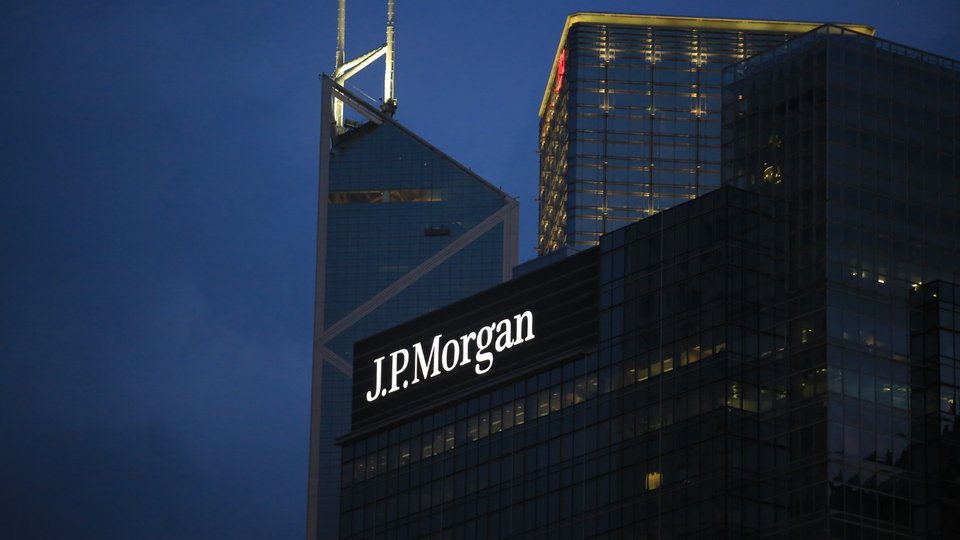Bank / Credit Union
Chase closes Kanye West's accounts sparking controversy

October 25, 2022
JP Morgan Chase recently sent a letter to rapper Kanye West, also known as Ye, informing him it was ending its relationship with him and he would need to take his business elsewhere. The letter was dated Sept. 20, but comes on the heels of recent controversies with West, as he has tweeted various anti-Semitic statements on Twitter and posed with a "White Lives Matter" t-shirt at Paris Fashion Week, according to a report by the BBC.
Chase said it would give West until Nov. 21 to transfer his business. Although the letter came before these controversies, West has previously criticized Chase on social media, claiming it would not give him access to CEO Jamie Dimon.
West has faced other backlash as well, as Twitter and Instagram suspended his account after he posted the anti-Semitic statements.
Although it is uncertain why the bank chose to suspend its business with West, commentators have raised concerns about financial institutions acting as "moral arbiters."
Angie Speaks, cohost of the Low Society Podcast, wrote in an op-ed on Newsweek that the trend can be a slippery slope.
"This trend does not just impact rich celebrities who mouth-off like Ye; it has also impacted activists, journalists, and ordinary citizens who hold political views that contravene the ruling narrative. And it has the potential to impact any of us if our views don't perfectly align with the edicts and agendas of governmental and corporate elites," she wrote in the op-ed. "There is a big difference between private citizens condemning a celebrity — which is important and right — and corporate, financial retaliation, which I believe should frighten us. It's dangerous for corporate entities, especially banks, to be handed the mandate to decide who the "bad guys" are without procedure or due process."













